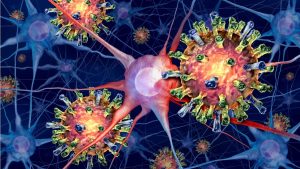Linguapax International is a non-governmental organisation dedicated to the appreciation and protection of linguistic diversity worldwide.
Linguapax, was originally created as a UNESCO programme in 1987. It is now an independent NGO headquartered in Barcelona since 2001. It has the support of public and private institutions of Catalonia and operates as an international network with three objectives:
- Promotion, coordination and dissemination of research in the field of sociolinguistics through collaboration between academics, experts, government officials and international educators, journalists and activists of language rights.
- Advice and support to ideological, political and legislative processes encouraging the protection of linguistic diversity and programs aimed at improving or revitalising specific linguistic communities.
- Development of a multilingual education including local languages, national languages and international languages through teacher training initiatives, renewal of guidelines and teaching methods and creation of learning materials.
The Linguapax Award is a recognition of actions carried out in different fields in favour of the preservation of linguistic diversity, revitalization and reactivation of linguistic communities and the promotion of multilingualism.


